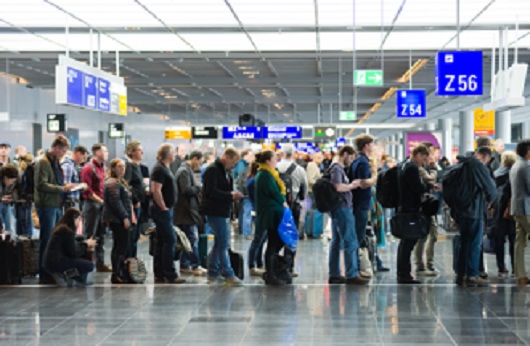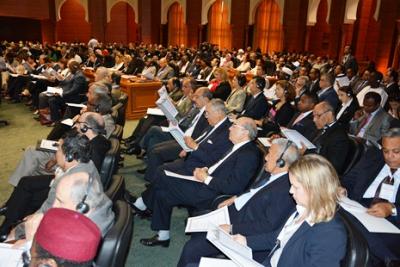African nations are investing billions in airport infrastructure as passenger traffic across the continent is projected to double to 300 million annually by 2040, according to the International Air Transport Association (IATA), which forecasts average growth of 5.7% per year through 2034.
Ethiopia leads this transformation with plans for Africa’s largest airport near Bishoftu, 40km from Addis Ababa. The $7.8 billion facility will eventually accommodate 100 million passengers annually—quadrupling current capacity—and feature four runways at a lower altitude than the existing Bole International Airport, generating significant fuel savings for Ethiopian Airlines. The first phase, set for completion in 2029, will handle 60 million passengers yearly.
Morocco is tripling capacity at Casablanca’s Mohammed V Airport from 15 to 45 million passengers by 2029, investing $2.5 billion to prepare for the 2030 World Cup it will co-host with Spain and Portugal. The expansion includes a third terminal, new 3,700-meter runway, and high-speed rail connections.
Morocco has actually adopted a very ambitious program to increase the capacity of airport traffic from 30 million to 80 million passengers by 2030, and approved an extensive investment program aimed at expanding and modernizing airports in the host cities of the 2030 FIFA World Cup, as part of “Airports 2030” strategy of the National Airports Office (ONDA).
Cairo International Airport, Africa’s busiest with 27 million passengers in 2024, is constructing a new terminal to accommodate 30 million additional travelers by 2027, supporting EgyptAir’s fleet expansion to 97 aircraft by 2028.
Other significant projects include Rwanda’s new $2 billion airport (opening 2027-2028) with Qatar Airways as majority partner, designed to handle 7 million passengers initially and eventually 14 million; Nigeria’s $900 million secondary Lagos airport with 5 million passenger capacity; and South Africa’s expansion of OR Tambo (Johannesburg) and Cape Town airports.
These investments reflect Africa’s recognition of modern airport infrastructure as crucial for economic development, tourism growth, and the continent’s increasing global connectivity, particularly as the African Single Air Transport Market continues to develop.



